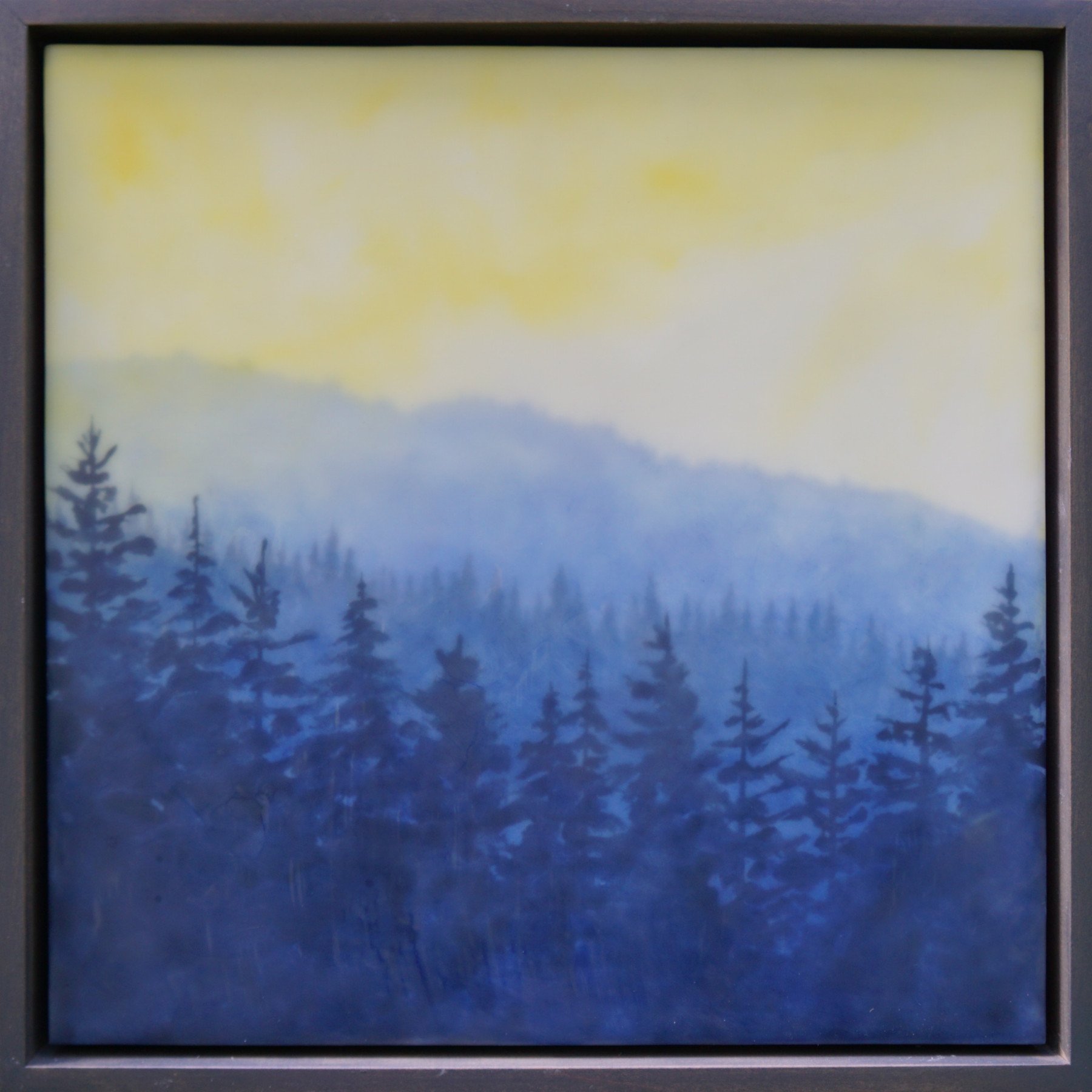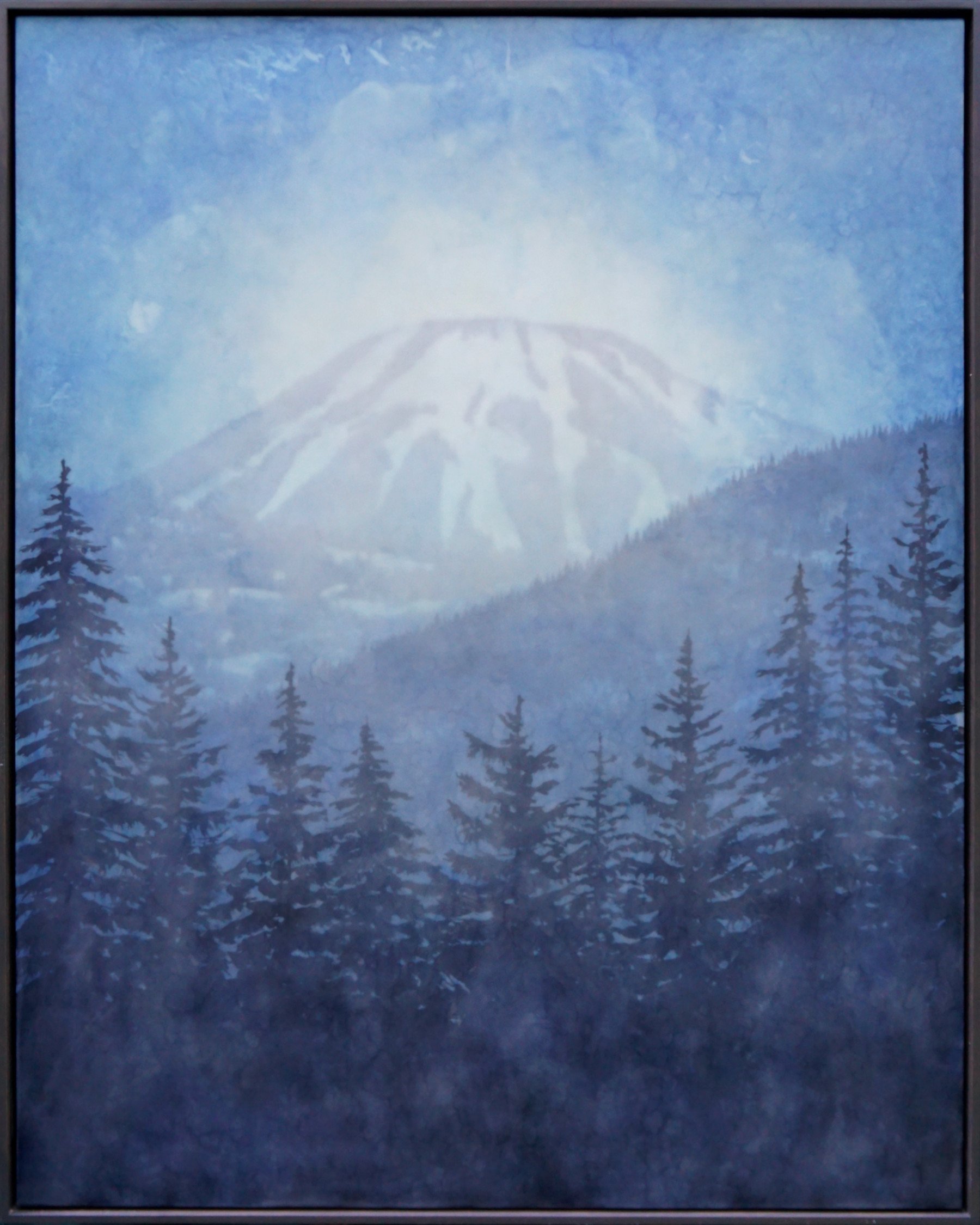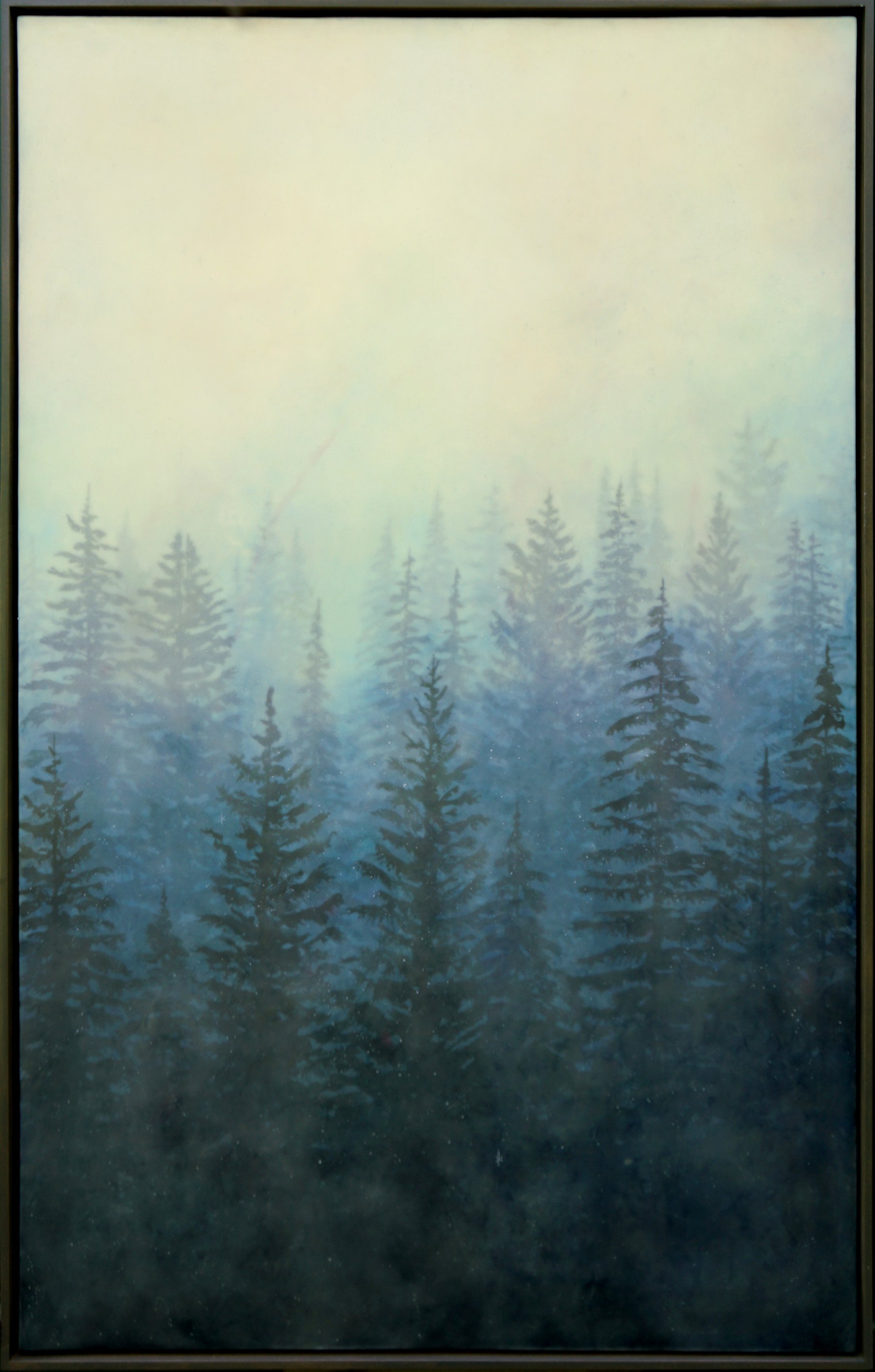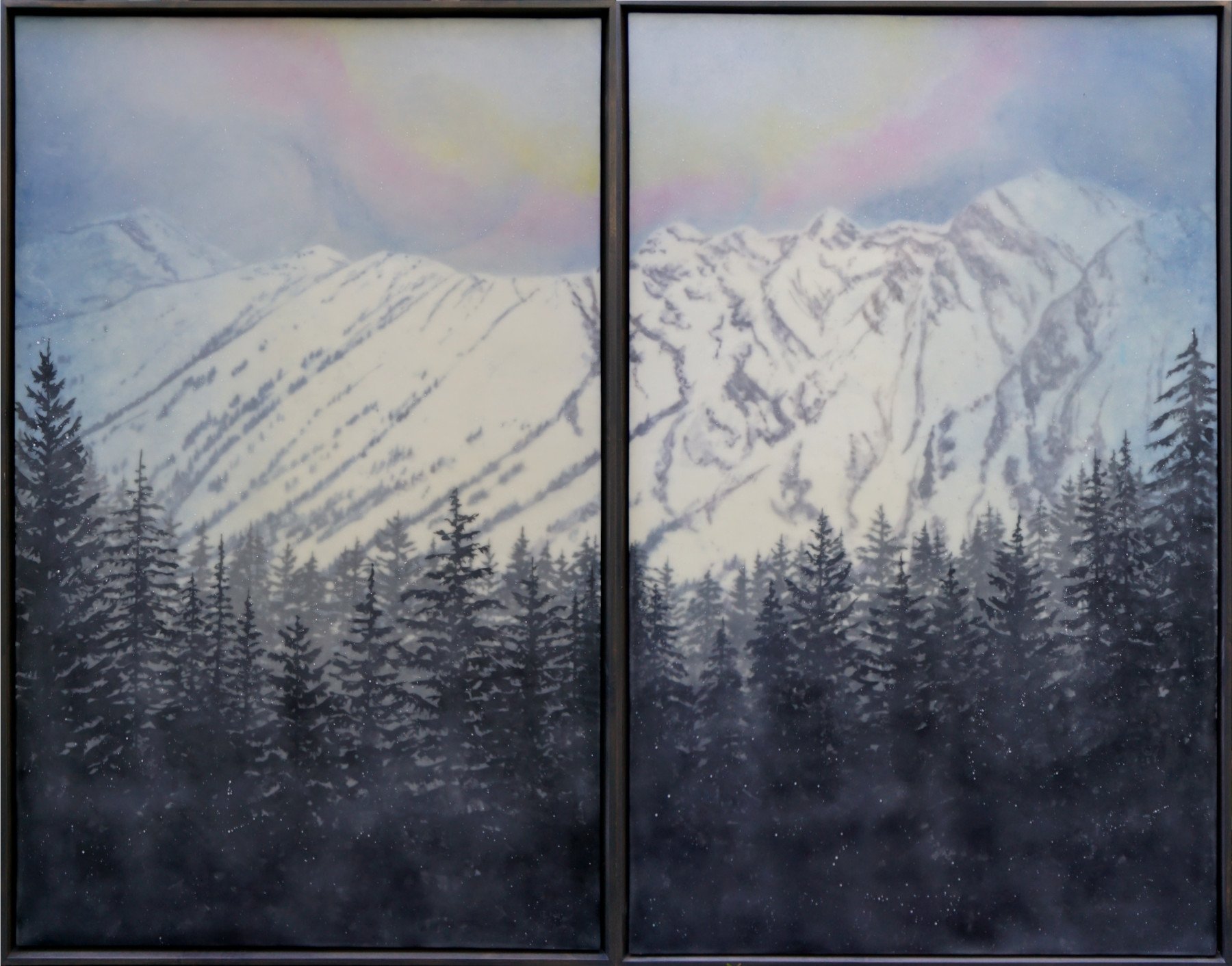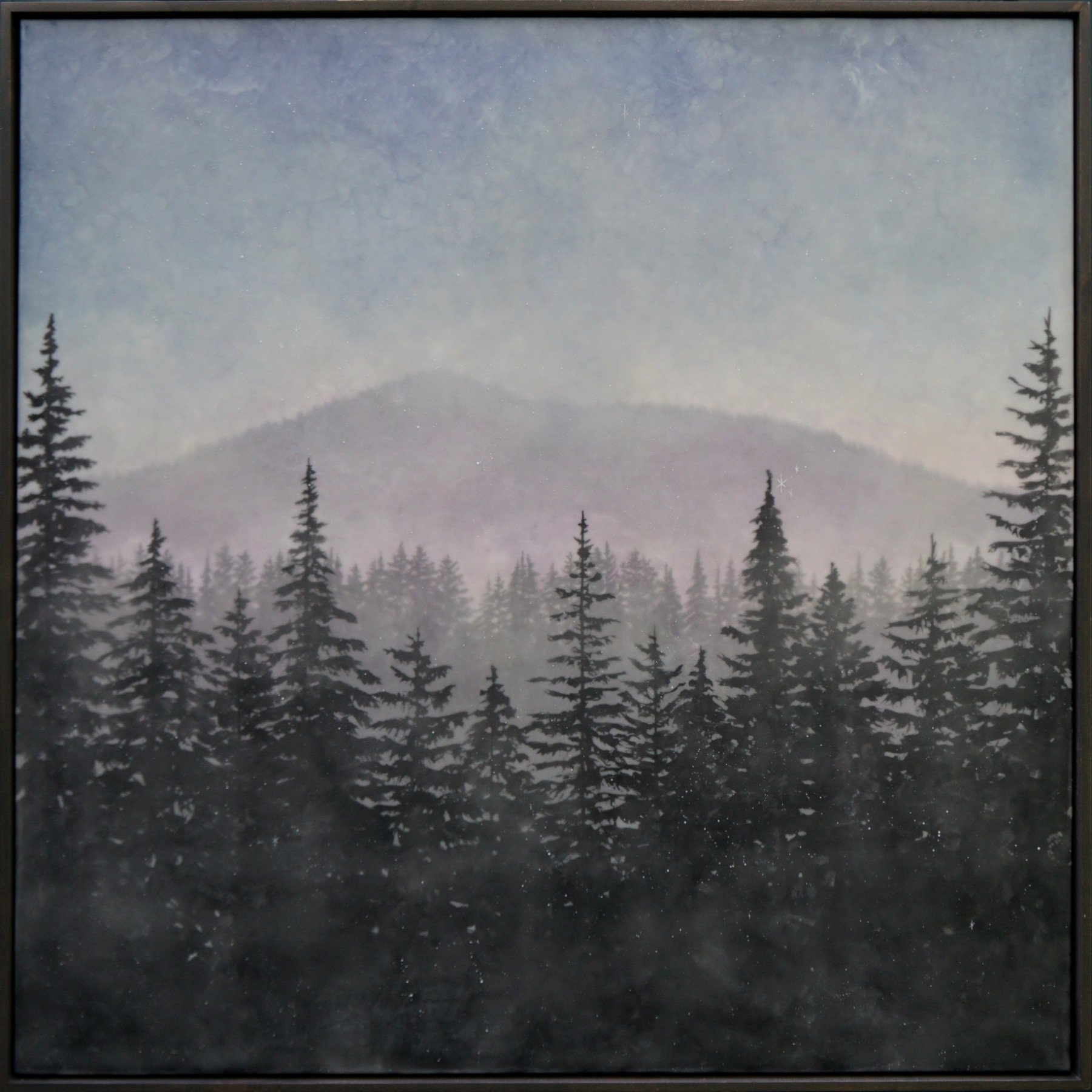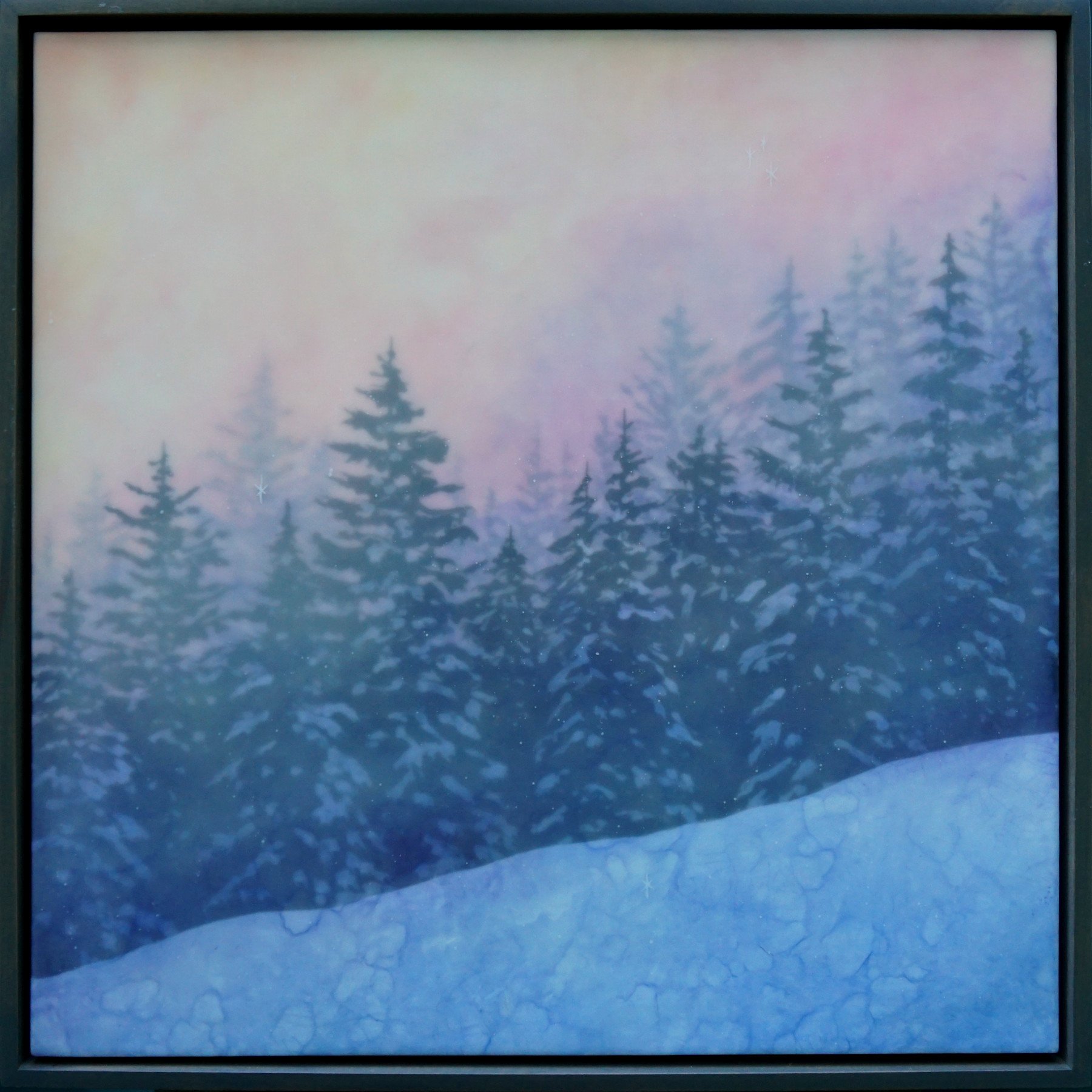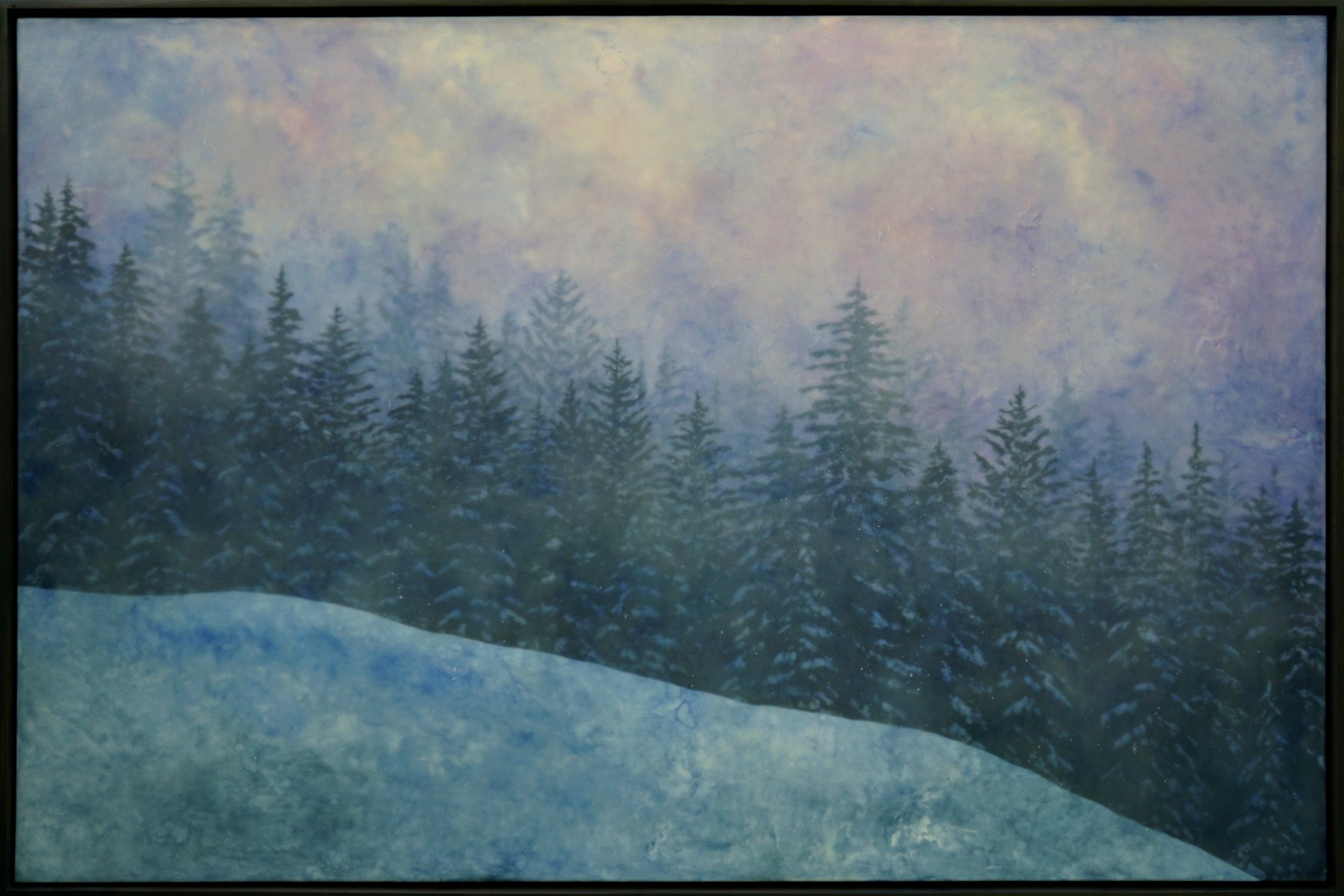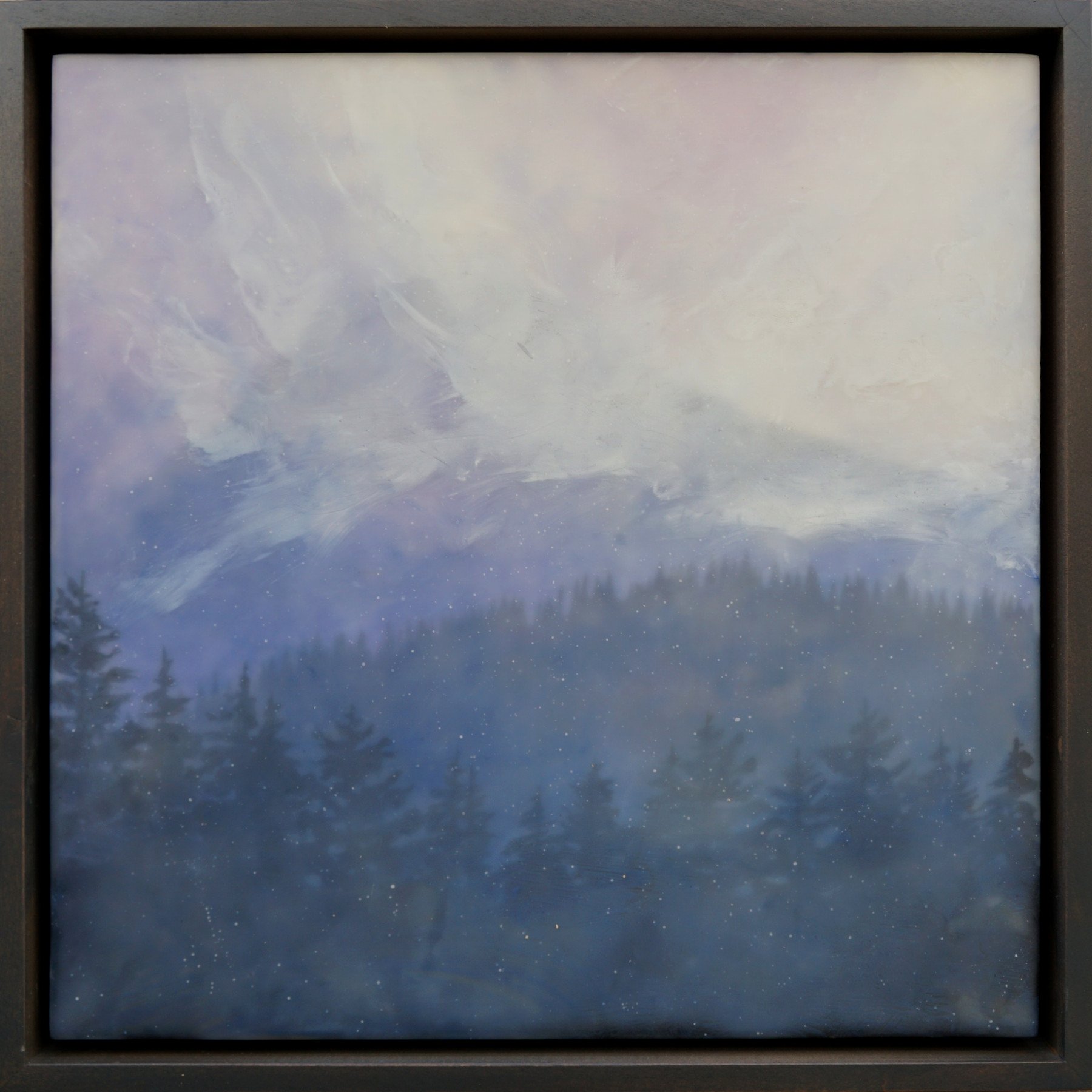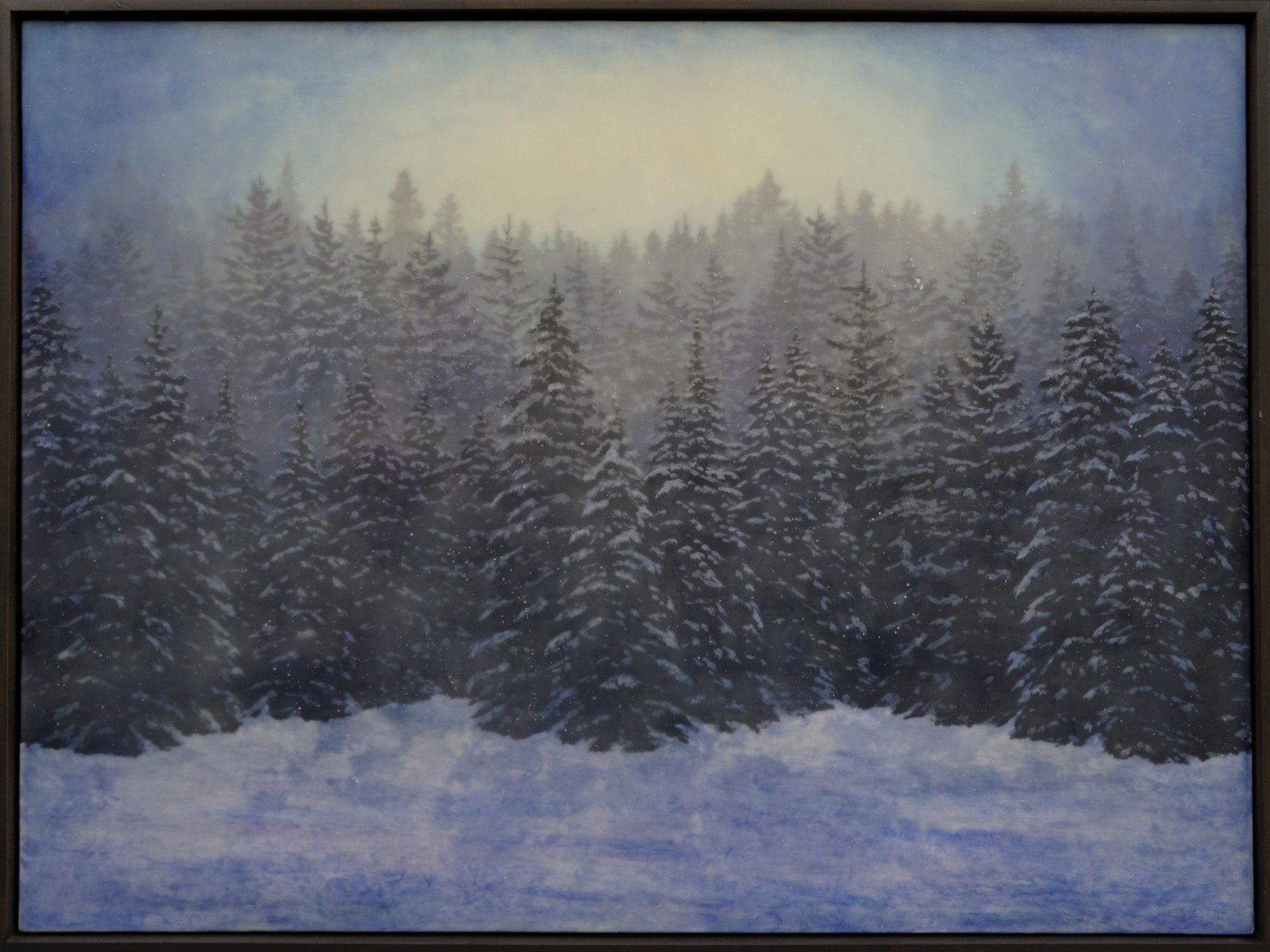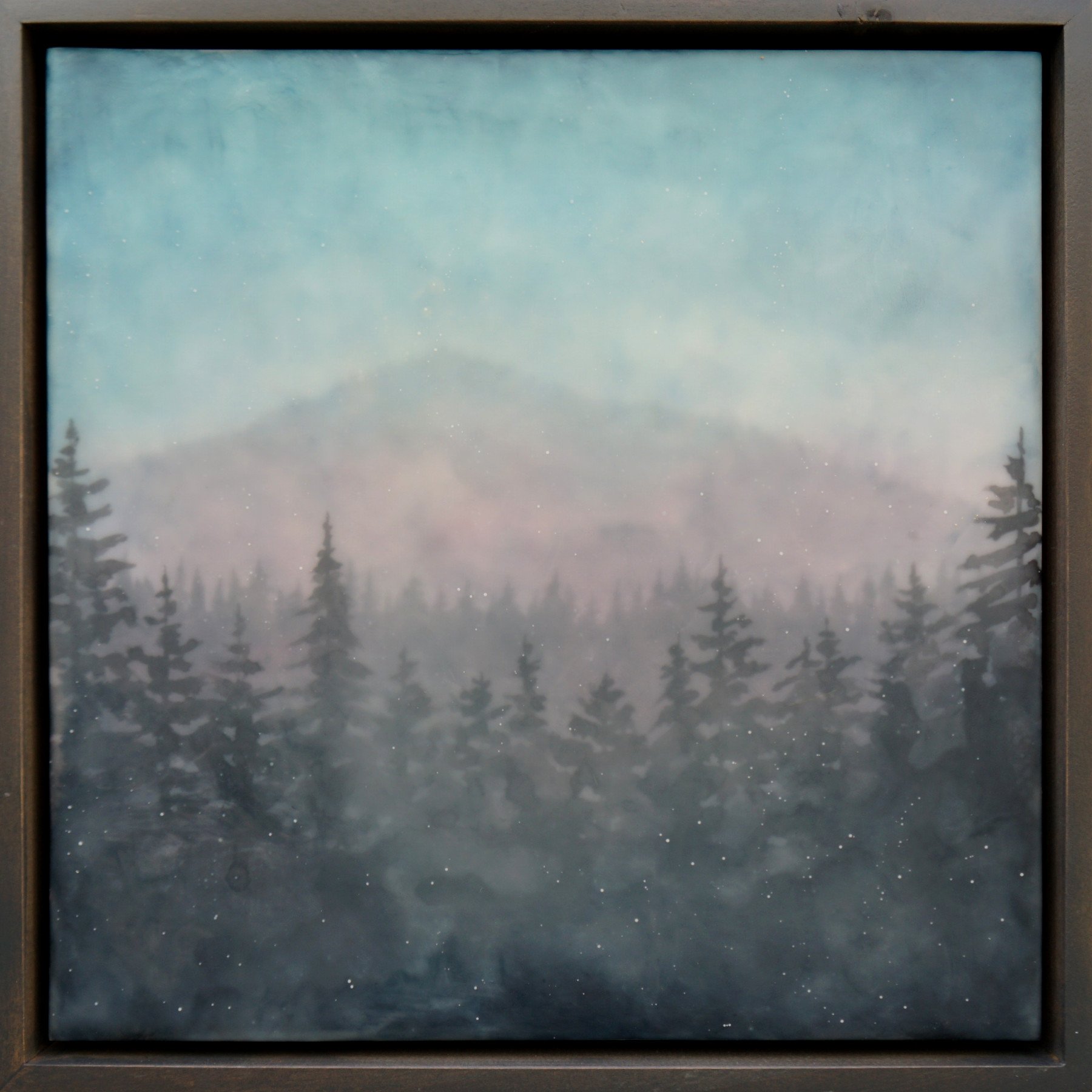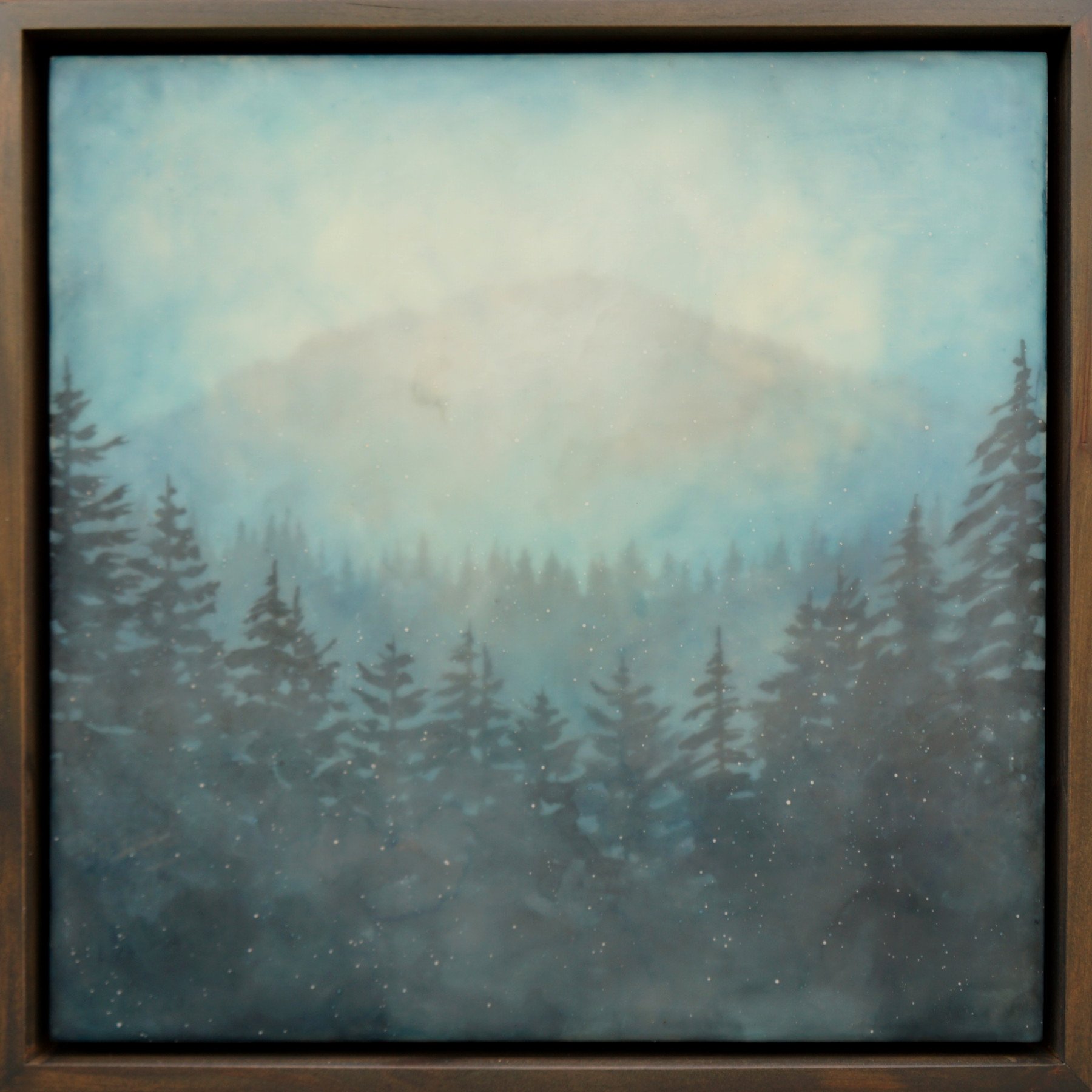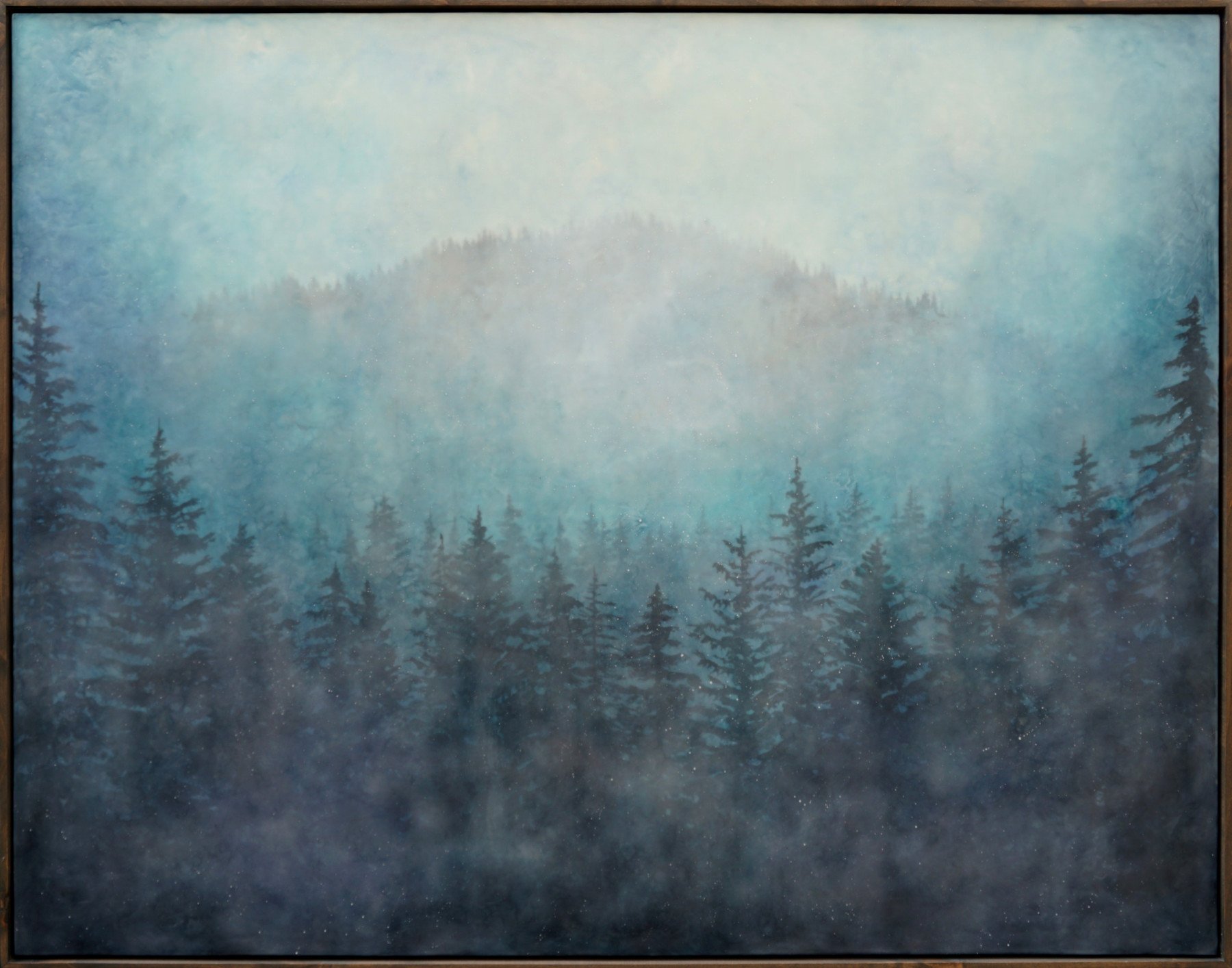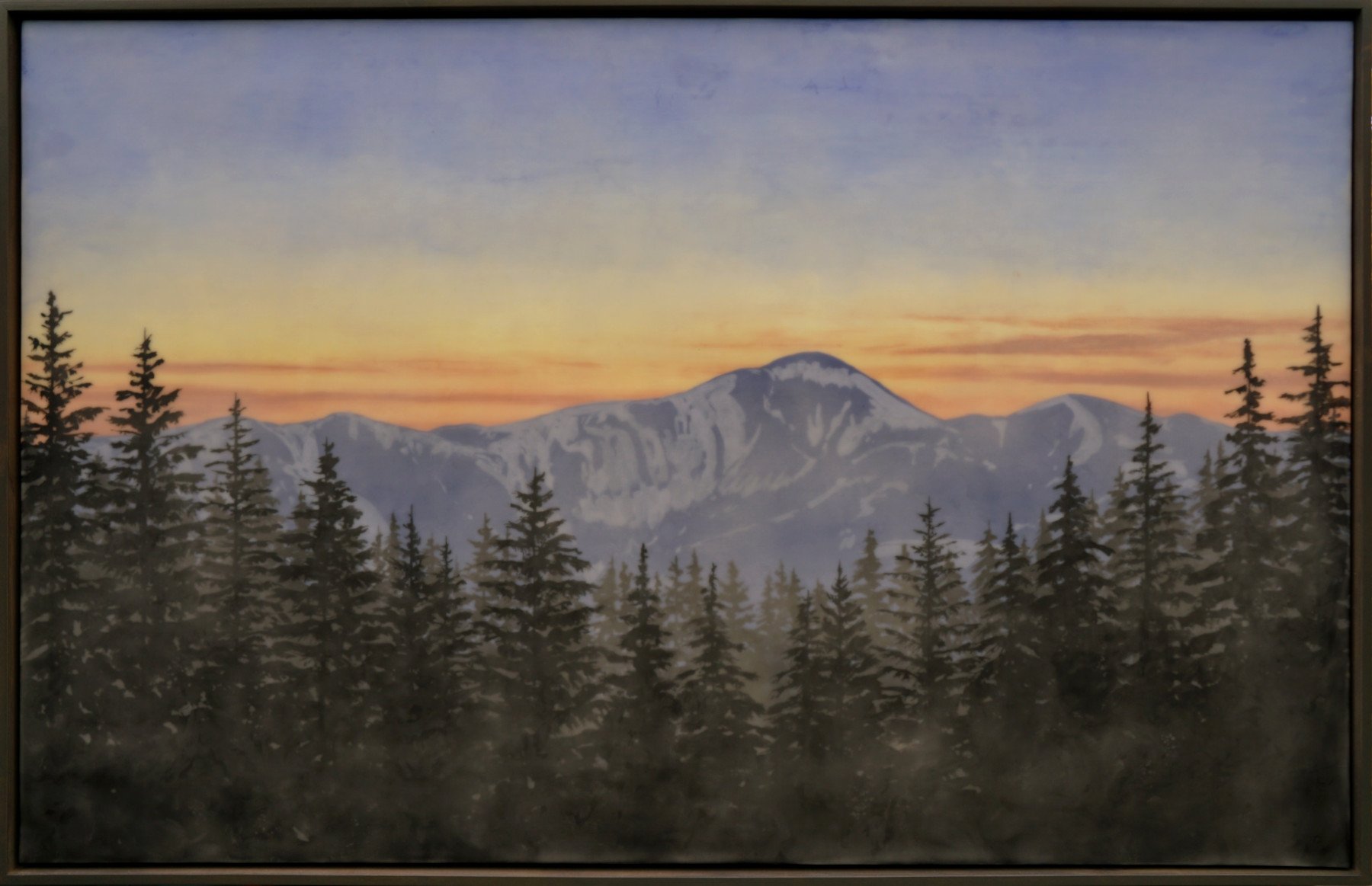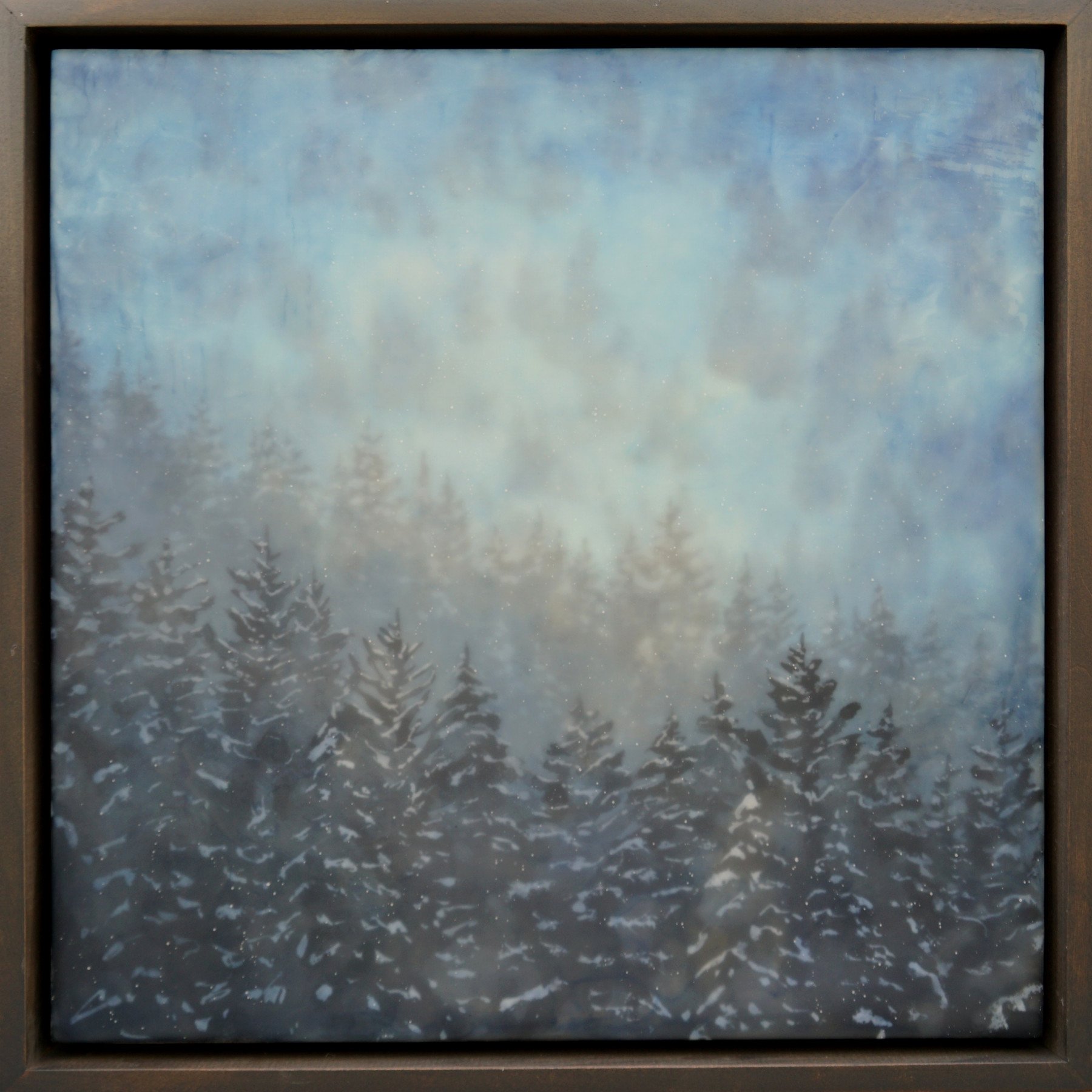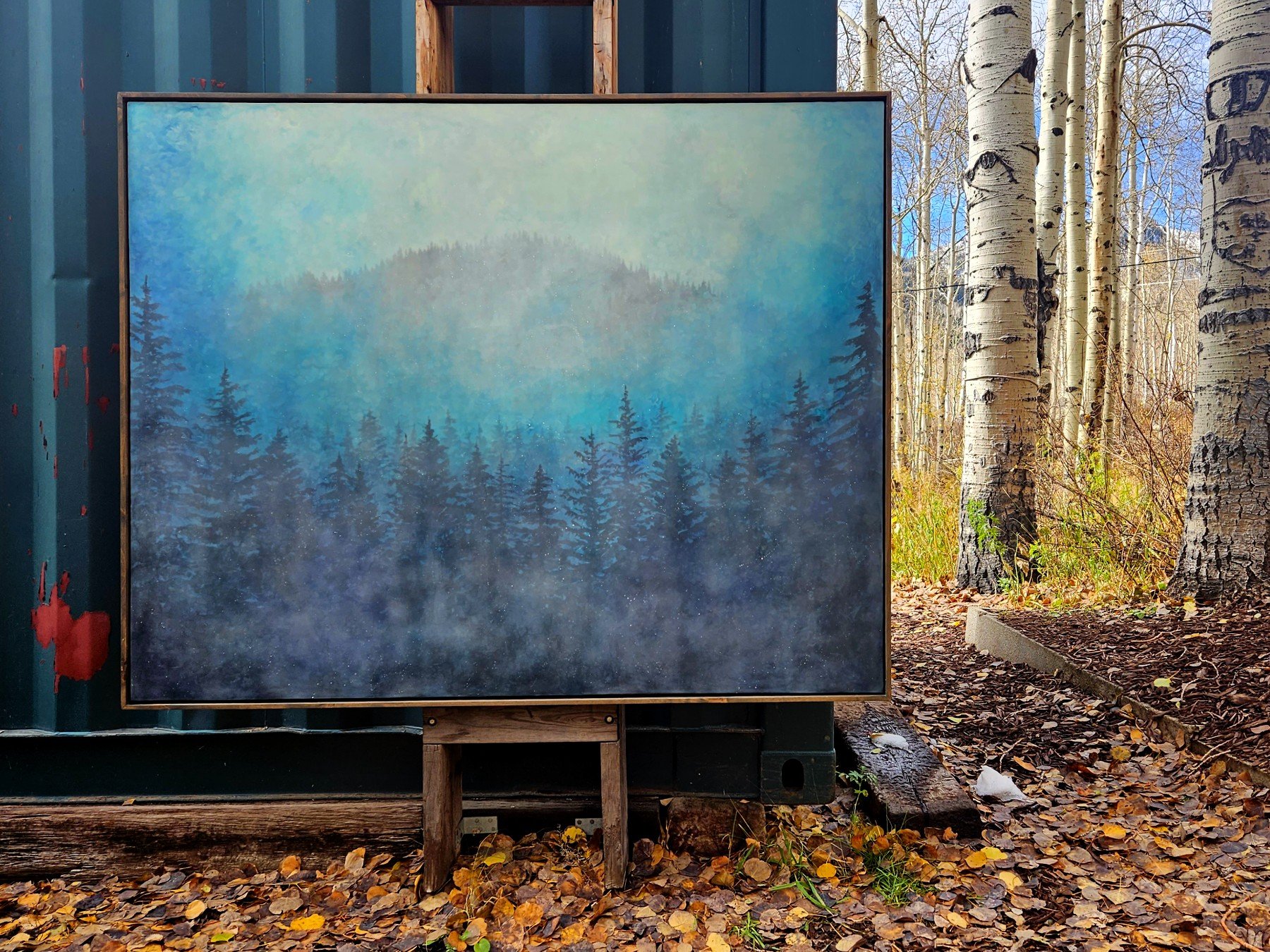
Metabolizing Change.
For awhile now, we have been caught in a swift flowing river of change sweeping us toward the unknown. I have joked that we have lived more than a decade in the last few years because so much has happened - from the pandemic to changes in social structures and work, politics, natural disasters, rapidly advancing climate change, new technology, now wars, and so much more. It has been a lot to take in, to deal with, to allow, and adapt to.
I’ve been ruminating about the concept of change a lot recently. Like you, I’ve experienced the madness of the world at large, reflected upon the course we’ve taken, and tried to digest what happened. But each of us has our own local challenges as well - families, jobs, changes to our neighborhoods, kids growing up, parents growing older, friendships changing, and our own bodies altering even if only slowly, so that one day you find yourself growing hairs in places they never did before with wrinkles that get deeper and deeper. As I child and young adult, I welcomed change - couldn’t wait to do the next thing, to level up and grow older. And now that I am in my 40s, I want it all to slow way, way down. I want more time to savor it, because I feel like I am struggling to keep up.
For millennia, change for humans was slow, halting, with small progress and setbacks. The years slowly rolled on and we gradually plodded along with them, mostly deeply rooted in our ways. But now, change feels like it happens in days, a matter of hours even, and we are continually being asked to quickly adapt, alter, and accept. However, I worry that our minds and our bodies are not built to deal with all these changes on such a rapid timeline.
rowth it turns out, whether as a human or a forest, is precipitated by change. In response to climate change, forests are migrating and adapting as best they can to a warming world. Likewise, we all are adjusting and adapting too. As with years past, I am looking to nature as a way of learning how to be - how to be flexible, sturdy, solid, adaptable, calm, patient, and understanding, but also how to not give up, to hold on tight, to let go a little, to keep trying new things, and to find joy wherever possible. I view the forests especially as my refuge amidst all the change - a ritual space where I can find solace and peace.
My father always reminds me, “the only thing you can count on is change,” and while the adage is true, it doesn’t always help when the changes you see may not be welcome. For instance, seeing how many people have moved to my town, and all the growth and development has been a challenge for me as I watch places I love change or get “loved to death.” It may be inevitable and everyone has a right to it as much as I do, but it doesn’t mean I have been able to accept it well, let alone embrace it or come to love it. Others might welcome this as progress or improvement, and to each their own. Maybe I’ll start repeating my own adage, “The way out is through,” - mostly as a reminder to myself that how to best deal with change is move through it. Easier said than done of course, which maybe should be the title of my next show.
Welcome or not, change comes for us all and sometimes we resist and other times we can’t hardly wait for it to happen. There’s no sense in pretending the world is the same as it was, or that it will remain this way. Change happens in the mind - new routines, new ways of looking at things, reframing the old, planning for the new. But change also occurs in the body, and in a way, we have to digest the transitions, physically allowing the newness to seep into our pores, infiltrate into our bones, and flow through our veins. This is growing, evolving, and allowing, and it may come with sorrow and grief, or joy and release.
This concept has popped up in my life repeatedly in the last year, most especially in Ross Gay’s latest book of essays, “Inciting Joy” in which he shared about his experience of losing his father. In dealing with his sorrow he came to realize that grief was the “metabolization of change”. This concept really struck a chord for me, and much like eating a heavy meal, we need time for our bodies to process it, digest it, turn the food into nutrients that we can then use as fuel for growth.
Dealing with any change means giving ourselves time to adapt and accept. Patience, even in this rapidly moving world, is more necessary than ever. And I want to offer myself grace if it doesn’t feel like I can keep up, love when it seems I can’t deal, and comfort in the face of all this expansion. We’ll get to the other side eventually, and look upon the artifacts of remembrance with wonder and compassion for the people we were and for who we became. We’ll grow to appreciate what we had and who were are becoming with deeper affinity.
What does all this have to do with my encaustic paintings? Well, it’s an idea that I keep with me as I’m working, it’s in how I come up with compositions, and it’s how I push new ideas in what I’m creating. The work is perhaps a physical representation of how I am metabolizing change myself. These are records of my thoughts and ideas. Each one is different, because each day I come into the studio a different and changed person, just like a forest or a river is different every day.
If you are interested in finding out more about the show or purchasing a piece of artwork, please contact Gallery MAR in Park City, UT.
info@gallerymar.com or call 435-649-3001
